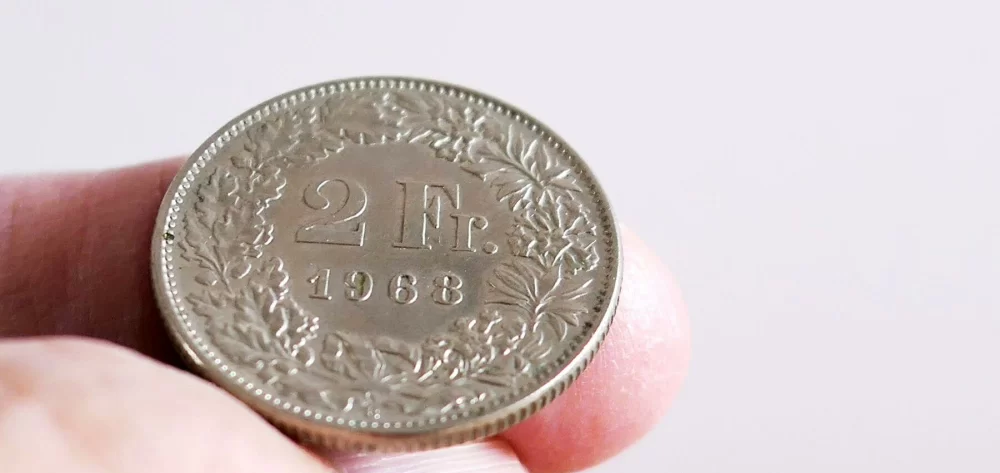Read this guide to find out when you can keep money you find, whether you have a right to a finder’s fee, and what happens if you do not follow the rules.
May I keep money which I find?
As a basic rule: No, you cannot simply keep money you find which does not belong to you. The Swiss civil code defines which steps you should take when you find lost items.
If you find money, you must inform its owner (if you know whom the money belongs to). If the money is found in a building which people live in, you have to turn it in to the residents or the property’s administrators. In facilities which are open to the public (like hospitals, train stations, and public transportation), you have to turn the money in to the facility’s supervisor. Many facilities have lost and found services for this purpose.
Although it would not likely occur to most people, you are legally obligated to declare finds of more than 10 francs to the police unless you know who the money belongs to. For amounts below 10 francs, reporting to the police is voluntary. If you choose not to report a find under 10 francs to the police, then you are responsible to advertise the lost item in a way that is suited to the circumstances. For example, if you find five Swiss francs in a park, you should ask the people in the vicinity whether they have lost anything.
Am I entitled to a reward?
Yes. Swiss laws give you the right to expect a finder’s fee when you return lost money to its owner. Although no exact amounts are specified, the reward should be appropriate in relation to the find. In Switzerland, a finder’s fee equal to 10 percent of the amount returned to the owner is considered an appropriate reward. But because the law does not clearly require that amount, it is not safe to assume that you will always receive 10 percent of the find as a reward. In the case of very large amounts of money in particular, the reward is likely to be smaller in proportion to the find.
If finding out who the item’s owner is and/or returning the lost valuables generates extra expenses for you (train tickets, for example), you have a right to reimbursement of these expenses in addition to the reward.
In the cases where you are required to turn in a find to an administrator, supervisor, or resident, then neither you nor the person whom you turn over the lost money to is entitled to a finder’s fee.
What happens when the owner cannot be found?
If you fulfill all of the responsibilities stated above, but the original owner cannot be located within five years, then the money you found becomes your property. The exception to this rule is when you turn over money to administrators, supervisors, or residents. In that case, they are considered to be the finder, and not you.
What happens if I just keep the money I find?
If you do not fulfill your duties as a finder and simply keep the money instead, that is considered theft by finding. But this offence is only a punishable offense if charges are pressed. That means it will only be investigated if the property’s legal owner presses charges against you. If you are found guilty of theft by finding, you can be sentenced to a fine or up to three years in prison.
What happens if I find money on my own property?
If money is carried to your property by the elements (the wind, for example) or by other chance events (money dropped by the postman, for example), then your obligations are identical to those which apply to other finds. That means you have to try to find the owner and possibly declare the find to the police.
If you find valuables which have been buried or otherwise hidden for a long period of time, the find is classified as a treasure trove. Discovered treasure troves belong to the owner of the real estate or movable property (a car, for example) in which they are found.
Do historical finds on my property belong to me?
If a treasure has scientific value (historical artifacts, for example), then it belongs to the canton. However, you are entitled to appropriate compensation. The law does not go into detail about what the term “appropriate” means in this case. It only states that the reward should not be higher than the value of the found items.
If you find a treasure with scientific value on your real estate, you have to allow the canton to excavate it. If the excavation results in damage to your property, you are entitled to compensation.
Do I have to return money transferred to my bank account by mistake?
If somebody transfers money to your bank account by mistake (by entering the wrong account number, for example), you are required to return this money. If you do not, you will be guilty of unjust enrichment. The person or company which erroneously transferred the money to you can demand that you return the money, and can also file a debt collection claim.
More on this topic:
The pros and cons of cash
A guide to tipping in Switzerland




